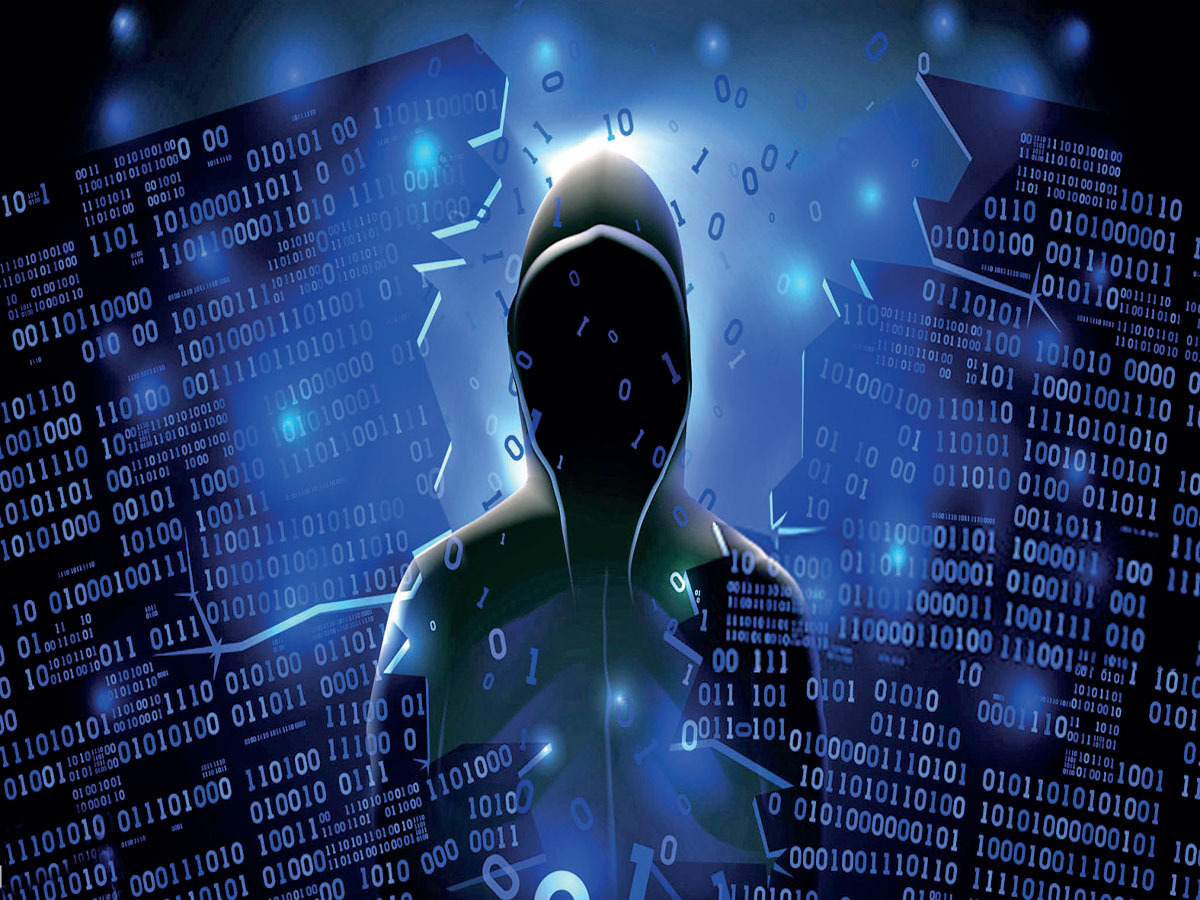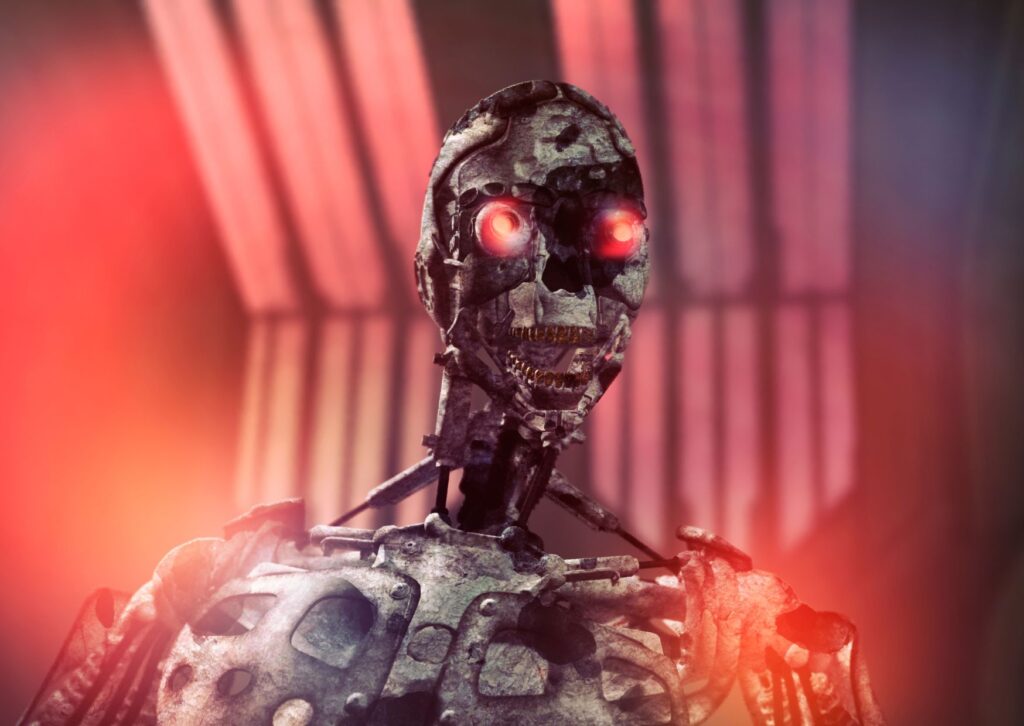ChatGPT- A Boon Of The Scientific Ace Or A Bane For The Human Race?
ChatGPT has surprised netizens with its capacity to deliver precise answers to even the most complicated human brain issues. However, other cases have since emerged that bring into question whether the usage of AI technology is ethical.

Amidst the praise that ChatGPT received for creating a new milestone in the path of technological progress, noted linguist and social critic Noam Chomsky criticized the tool for being an obstacle in the way of learning. Mr. Chomsky spoke with the YouTube channel EduKitchen about the incredibly popular chatbot ChatGPT and its influence on academics soon. In Chomsky’s perspective, ChatGPT is fundamentally a tool with high-tech plagiarism and a technique of ‘avoiding learning’. Chomsky believes that the popularity of ChatGPT indicates a failure of the educational system.
Chomsky believes that the popularity of ChatGPT indicates a failure of the educational system. He argues that if the educational system does not appeal to students or if it does not engage them, challenge them, or make them want to study, they will find a way out to avoid learning.

The college essay died a long time ago. It’s a mug game in which a college student sends an electronic file that, when opened, spills forth a mess of words that the sender claims are a completed paper — to which the outcome of a machine-learning system would be considered superior. If the college essay is indeed ‘unsalvageable,’ Mr. Chomsky suggests that ChatGPT replace it with something more fascinating.
Some apparent dangers of ChatGPT.
ChatGPT has surprised netizens with its capacity to deliver precise answers to even the most complicated human brain issues. However, other cases have since emerged that bring into question whether the usage of AI technology is ethical. The following are some examples of ChatGPT’s harmful outcomes.
Helping students to give exams- Threat to education.
Since its debut, the OpenAI-developed chatbot has assisted a student in passing his university test in just 20 minutes, and the bot itself has passed an exam at a US law school.
Helping authors to publish papers- Threat to scientific research.
On another occasion, the author of several research publications has been attributed to this disruptive AI technology. The free tool is used to create research papers. According to a Nature article, ChatGPT is a co-author of at least four scientific articles. According to the post, Insilico Medicine, a Hong Kong-based AI-powered drug development business, recognized ChatGPT as a co-author of a study published last month in the journal Oncoscience. Alex Zhavoronkov, the CEO of the business, says that they have produced over 80 perspective papers generated with generative AI technology.
According to many research paper publishers, attribution of ChatGPT as a study author is unacceptable since AI tools cannot bear responsibility for the content and integrity of scientific studies. Experts are skeptical of the AI tool’s ability to provide reliable answers to more technical issues. They are afraid that this may lead to system abuse, with people publishing scientific publications without the essential knowledge.

Helping hackers to develop malicious codes- Threat to cyber security.
According to research by cyber security firm Check Point Research (CPR), the cybercriminal sector is already interested in using ChatGPT to construct dangerous programs. It was recently stated that hackers are evading bot limitations to construct hacking and cyber fraud tools.
Places where ChatGPT is prohibited for the moment.
Students at universities in India, France, and the United States have already been barred from using ChatGPT.
A Bengaluru-based university in India prohibited students from employing the artificial intelligence (AI) tool on campus, intending to prevent them from utilizing it in academic activities such as examinations, lab tests, and assignments. ChatGPT has been prohibited at RV University, Dayanand Sagar University, and the International Institute of Information Technology, according to sources. To combat copying, IIT Bombay will organize a small group to develop a structural framework for using ChatGPT.
Sciences Po, one of France’s most prestigious institutions, has already prohibited the usage of the chatbot, sending an email to its students and staff members ordering them to use the AI tool only for certain objectives and under the supervision of a course leader.
ChatGPT has been prohibited at several public schools in New York, Seattle, and other places around the United States, while in India, numerous institutions in Bangalore have issued warnings against the program.
The core algorithm of buzz tool ChatGPT- A short explanation.
ChatGPT is a variant of the GPT (Generative Pre-trained Transformer) model that has been trained on a large corpus of text, such as books, papers, and websites. The model is trained by supplying it with a set of words, which it then uses to predict the next word in the series. The computer learns to create meaningful and dynamic content by identifying patterns and relationships between words and phrases in the training sample. After it has been trained, the model may be fine-tuned for specific tasks such as language translation or question answering.
Is it possible to manipulate ChatGPT?
The output of an AI bot may be affected, and the bot itself accepts this. One method is to provide the model with biased or deceptive input data during fine-tuning. If the fine-tuning data is skewed, the model may learn and reproduce the skewed information in its output. Furthermore, giving the model a specific prompt or seed text that steers the model’s output in a specific direction has the potential to negatively affect output.
Disclosure of ChatGPT-A boon with a bane, and vice-versa.
Until recently, artificial intelligence could read and write but not comprehend the content. Many office duties will be made more efficient by new applications such as ChatGPT, which will assist in the creation of invoices and letters. This will alter the course of history. However, most technology upheavals have both good and bad consequences.

Remember the movie of superstar Rajnikant ‘Chitti’- what will happen to the planet if someday ‘Malicious Chitti’ rules the human race?? It’s just a matter of time until more skilled threat actors improve their usage of AI-based technologies for malicious purposes.
Edited by Prakriti Arora




